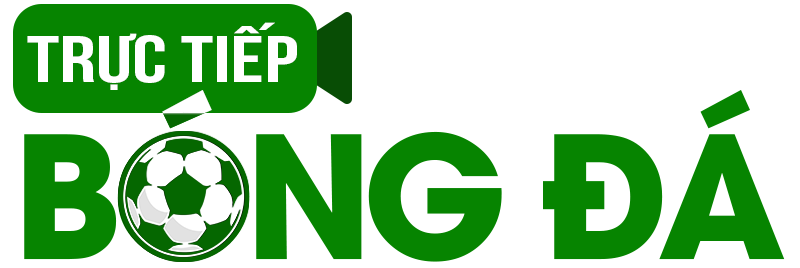Sorry Martin of July 7, but I agree with Martin of February 14. ![]()
I remember PZ Myers’s post on this same issue, and I respectfully disagree with his (and your) noble attempt to redefine the word ‘atheist’. If I must label myself, it is as a humanist, since humanism encapsulates a broader range of values than atheism (which I think is subsumed under the umbrella of humanism, since one can’t be a humanist who rejects the supernatural while believing in gods, but one can reject gods without subscribing to the whole range of humanist values).
A reader, Afro Joe, made the following comment on your Feb 14 post. I agree with his points, if not exactly his rather testy tone.
~
Shorter Response. Language evolves. Get over it.
Longer Response. I can appreciate the desire to have a label which neatly captures an aspect of one’s identity and the frustration which arises when another person “modifies” the meaning of the label. It makes one feel as though “their” label, and perhaps their identity, is being stolen from them. However, a problem arises as to the ownership of labels.
Let’s say Joe A identifies himself as a “dictionary atheist.” Then, let’s say Joe B identifies himself as a “strong atheist.” Which of these two atheists own the word atheism? Which of these two atheists are free to define atheism? I would argue both. If Joe A desires for atheism to communicate the idea of “the lack of belief in gods” alone, then he is free to use the label atheism to mean precisely that. If Joe B desires for atheism to communicate the idea of “the belief that no gods exist,” then he is free to do so.
I would argue the owner, and person who gets to chose the meaning, of a label is anyone who chooses to use the label, and I find the prescriptivist attitude to be rather silly.
